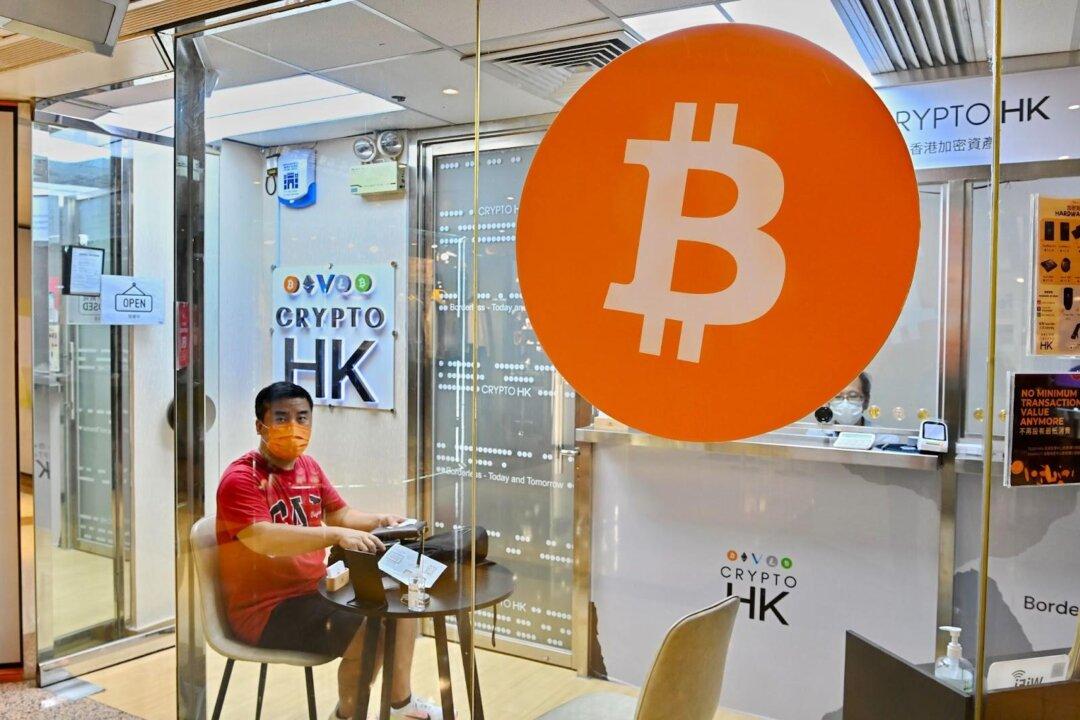In June, the Hong Kong Securities and Futures Commission (SFC) made a groundbreaking move by implementing a licensing system for virtual asset exchanges, aiming to reshape the cryptocurrency landscape in Hong Kong. By May 31, 2024, unregistered virtual asset exchanges will be deemed illegal, providing the Chinese Communist Party (CCP) with a further defense against mainland Chinese attempting to cash out utilizing capital flight.
The Exodus to Hong Kong’s Crypto Paradise
By offering a sanctuary for their fortunes, Hong Kong has emerged as the preferred destination for mainland Chinese seeking asset protection. They are flocking to Hong Kong to exchange Chinese yuan for U.S. dollars or cryptocurrencies.Since China’s 2019 ban on cryptocurrency trading and investments, many mainland Chinese have sought refuge in Hong Kong, where cryptocurrencies have remained free to trade. Because the Chinese yuan depreciated over 10 percent against the U.S. Dollar in the past six months, a surge of Chinese have rushed to secure their assets after the government reopened the border in February. The mainlanders made up over half the exchange’s clientele after the border reopening, compared to only 5 percent before February.




